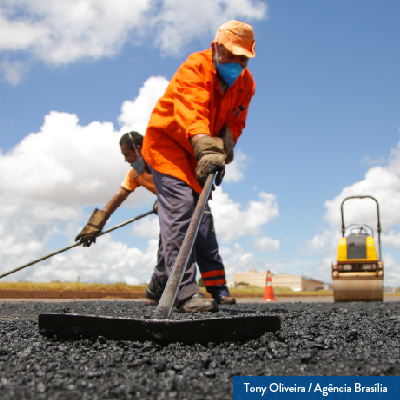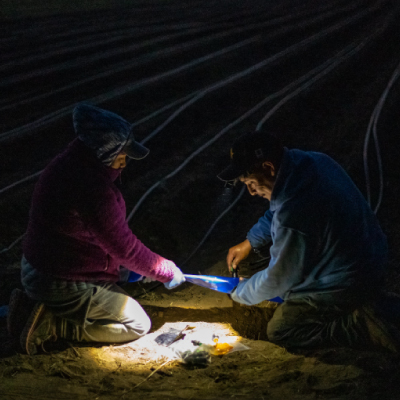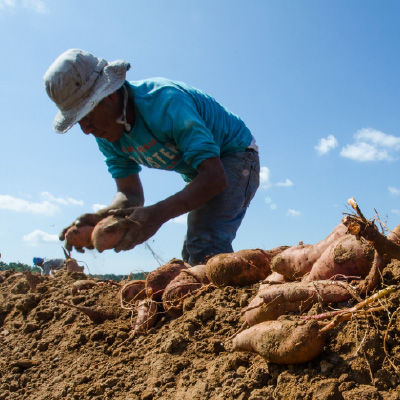- Who We Are
- Clinician Employment
- Publications
- Witness to Witness (W2W)
- El Premio Kugel & Zuroweste a la Justicia en la Salud
- Your Voice Matters: Photovoice Project
Thu, 09/24/2015 | by KerryBrennan

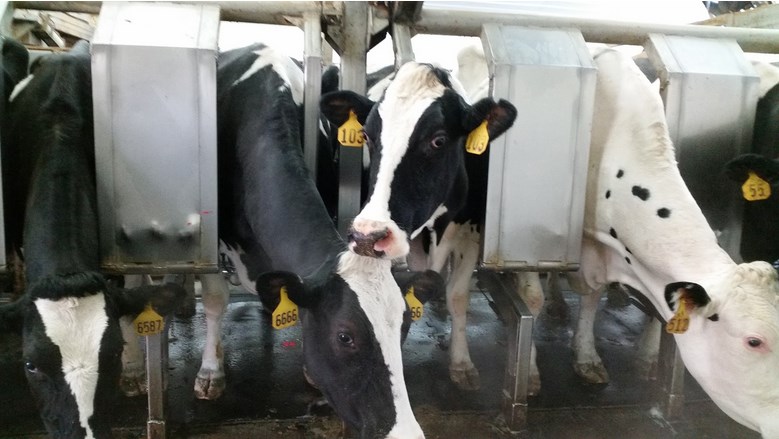 National Farm Safety & Health Week is an annual campaign that recognizes the essential yet extremely hazardous work of our nation’s farmers. Today, we’re shining a light on America’s dairy farms and farmworkers because, really, who could imagine a life without cheese?
National Farm Safety & Health Week is an annual campaign that recognizes the essential yet extremely hazardous work of our nation’s farmers. Today, we’re shining a light on America’s dairy farms and farmworkers because, really, who could imagine a life without cheese?
Earlier this year, I had the opportunity to travel to Wisconsin to pilot two trainings that coupled English as a Second Language (ESL) learning activities with health and safety messages for immigrant dairy workers. It was the first time I’d ever been on a dairy farm. Standing in the holding area (the place where cows are kept before entering the milking parlor), I was amazed at how huge the cows were and how comfortable the workers were in corralling and handling these animals. My wide-eyed amazement with the operations of the dairy farm was comical to the workers; how could their day-to-day routine seem so foreign and intimidating? This is a frequent reality in agricultural safety and health -- minimization of risk.
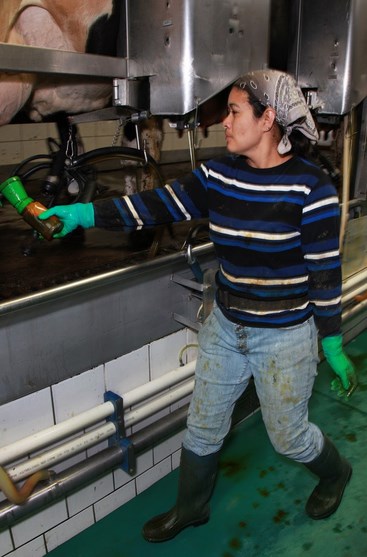 Agriculture is one of the most hazardous industries in the US, yet farmworkers, especially immigrant farmworkers, typically favor efficiency over safety. Seguridad en las lecherías is a dairy safety and health intervention for immigrant workers that acknowledges all of the realities of dairy farming. With support from the Upper Midwest Agricultural Safety and Health Center, MCN and the National Farm Medicine Center partnered with industry, farm owners, farmworkers, occupational health and safety experts, and more to design this five-module training that covers the essential safety and health concerns in dairy in an engaging, and culturally and linguistically appropriate way. Each module is available to view and download via MCN’s Seguridad en las Lecherías webpage.
Agriculture is one of the most hazardous industries in the US, yet farmworkers, especially immigrant farmworkers, typically favor efficiency over safety. Seguridad en las lecherías is a dairy safety and health intervention for immigrant workers that acknowledges all of the realities of dairy farming. With support from the Upper Midwest Agricultural Safety and Health Center, MCN and the National Farm Medicine Center partnered with industry, farm owners, farmworkers, occupational health and safety experts, and more to design this five-module training that covers the essential safety and health concerns in dairy in an engaging, and culturally and linguistically appropriate way. Each module is available to view and download via MCN’s Seguridad en las Lecherías webpage.
MCN’s ESL dairy curriculum builds off of our bilingual picture dictionary, Safety in Words/Seguridad en Palabras, which helps bolster immigrant worker vocabulary while reinforcing essential safety messages. Coupling ESL with health and safety lessons proved to be an effective way to engage the dairy workers we trained in Wisconsin. Workers were asking when our next class would be and, after the training, one of the farm owners volunteered to take his employees to the library for further ESL resources.
It’s easy to minimize the risks we take every day, especially when our livelihood depends on taking these risks. MCN’s dairy curricula employ strategies that engage workers and get them to take their safety seriously. Happy National Farm Safety & Health Week to America’s dairy farmers and farmworkers!



